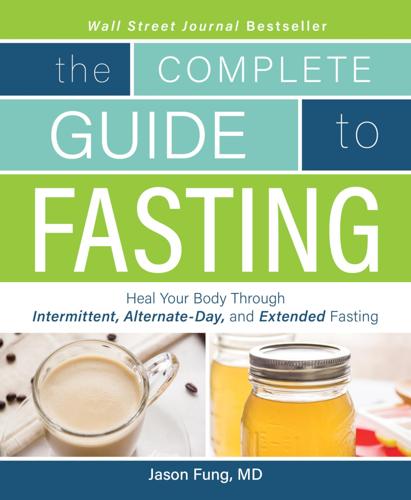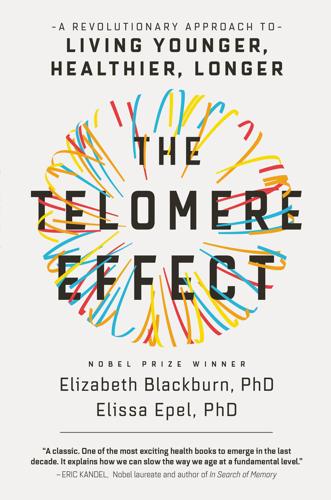persistent metabolic adaptation
description: the phenomenon where metabolic rate remains low after significant weight loss
3 results

Rebel Ideas: The Power of Diverse Thinking
by
Matthew Syed
Published 9 Sep 2019
A study conducted on The Biggest Loser, a dieting programme with huge ratings on US television, showed that contestants lost huge amounts of weight through exercise and calorie counting. And yet this drastic loss caused their metabolic rates to plummet to such an extent that, six years later, their metabolisms were so slow that they were not able to eat the same calories as people of the same weight who had never been obese. Scientists call this ‘persistent metabolic adaptation’. And yet this was just one of dozens of anomalies that Segal found as he probed the science. ‘There were certain agreed facts, such as that any diet should include fat, salt, protein, fibre, vitamins and minerals,’ he says, ‘but beyond that, almost anything seemed to go.’ Another frustration emerged when he got into marathon running in his thirties and looked to see if diet could help him to improve his times.

Complete Guide to Fasting: Heal Your Body Through Intermittent, Alternate-Day, and Extended Fasting
by
Jimmy Moore
and
Jason Fung
Published 18 Oct 2016
Diabetes Prevention Program Research Group, “Reduction in the Incidence of Type 2 Diabetes with Lifestyle Intervention or Metformin,” New England Journal of Medicine 346 (2002): 393–403. Erin Fothergill, Juen Guo, Lilian Howard, Jennifer C. Kerns, Nicolas D. Knuth, Robert Brychta, Kong Y. Chen, et al., “Persistent Metabolic Adaptation 6 Years After ‘The Biggest Loser’ Competition,” Obesity (2016), online May 2, doi: 10.1002/oby.21538. Frank Q. Nuttall, Rami A. Almokayyad, and Mary C. Gannon, “Comparison of a Carbohydrate-Free Diet Vs. Fasting on Plasma Glucose, Insulin and Glucagon in Type 2 Diabetes,” Metabolism: Clinical and Experimental 64, vol. 2 (2015): 253–62.

The Telomere Effect: A Revolutionary Approach to Living Younger, Healthier, Longer
by
Dr. Elizabeth Blackburn
and
Dr. Elissa Epel
Published 3 Jan 2017
Formichi, C., et al., “Weight Loss Associated with Bariatric Surgery Does Not Restore Short Telomere Length of Severe Obese Patients after 1 Year,” Obesity Surgery 24, no. 12 (December 2014): 2089–93, doi:10.1007/s11695-014-1300-4. 11. Gardner, J. P., et al., “Rise in Insulin Resistance is Associated with Escalated Telomere Attrition,” Circulation 111, no. 17 (May 3, 2005): 2171–77. 12. Fothergill, Erin, Juen Guo, Lilian Howard, Jennifer C. Kerns, Nicolas D. Knuth, Robert Brychta, Kong Y. Chen, et al. “Persistent Metabolic Adaptation Six Years after The Biggest Loser Competition,” Obesity (Silver Spring, Md.), May 2, 2016, doi:10.1002/oby.21538. 13. Kim, S., et al., “Obesity and Weight Gain in Adulthood and Telomere Length,” Cancer Epidemiology, Biomarkers & Prevention 18, no. 3 (March 2009): 816–20, doi:10.1158/1055-9965.EPI-08-0935. 14.